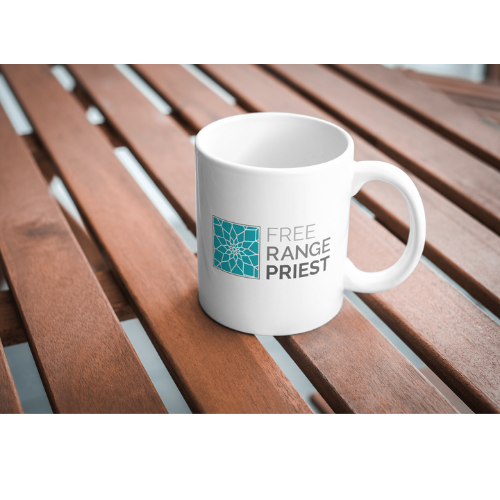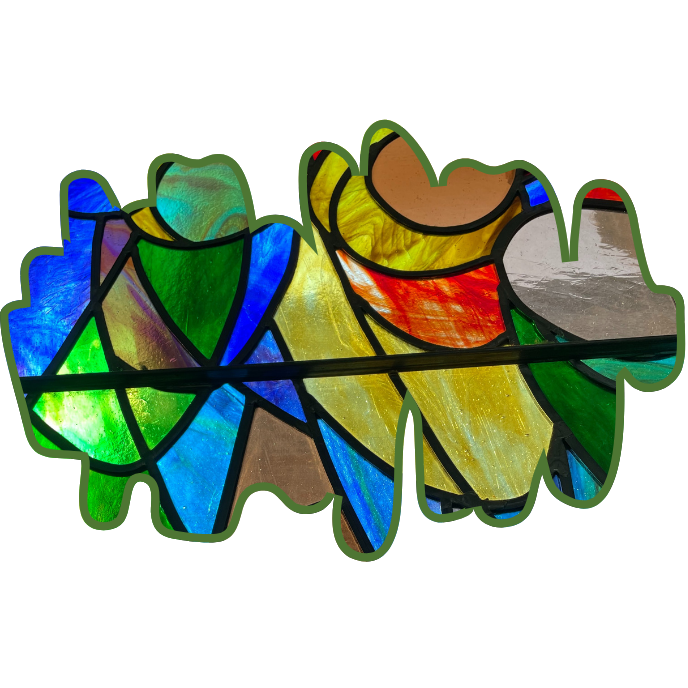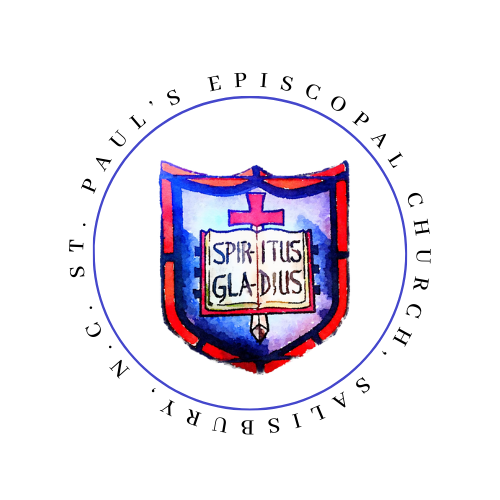So you want to start a denomination... is the way out of institutional collapse... another institution?
is the way out of institutional collapse... another institution?
Pastor Sierra Ward grew up Seventh Day Adventist, then found her way to Lutheran seminary and internship. She encountered plenty of the same stresses that many of us feel around church these days - the complexities and bureaucratic hierarchy of denominations that made her journey into ordained ministry feel more burdensome than inspiring.
But then she did something unexpected and adventurous.
She not only started her own church: Saint Jacob's, a place to wrestle with God.
She started her own denomination - A New American Orthodox Church.
When I asked her why, she said she had been opened to the idea that the church is an institution, and not just a bunch of stand alone organizations.
It may surprise you, but I could not agree more.
And ever since I discovered New American Orthodox Church, I really want to be part of it.
But I’m the Free Range Priest! I am an evangelist for ‘Cage Free’ Ministry!
And that’s exactly why I am so drawn to the idea and the reality of this new denomination.
Because I’m just as drawn to the ‘Priest’ as to the ‘Free Range’. To the ‘Ministry’ as well as the ‘Cage Free’.
There is nothing inherently wrong with institutions, and church needs organization and authority.
We also need to break free from the particular expression of 1950s administration and organization that is causing gridlock in the mainline church.
The structure that is crumbling - and crushing us in ministry - is not the connection to the larger Christian tradition. It’s the corporate mindset and ways of operating left over from the 20th century that is stifling our ability to connect in life-giving ways that share the Gospel.
When I look at New American Orthodox and my own tradition - the Episcopal Church - I don’t see much difference:
Belief in Jesus Christ as the world’s salvation.
The Bible as foundational.
Baptism and Eucharist.
Church community that shares the Gospel.
We belong to the same institution - the Church - and we share the same basic beliefs and practices.
But I feel frustrated and stressed in my own denomination, and filled with excitement about this new one.
Why?
Simplicity and accessibility.
St. Jacob’s calendar lists worship, Bible study, and community events. The denominational page lists Axioms, Tenets, Rites, and Practices.
The Episcopal Church website (and every other major denominational website) has over 25 major pages.
This is a small but telling example of how the mainline institutional church has grown to a place where the heaviness of all the ‘stuff’ - all the meetings, all the events, all the committees and commissions, all the causes - is overwhelming the basics of what we believe and how we are connected as followers of Jesus.
We need to look backward
Pastor Sierra Ward is right. We don’t just belong to a particular congregation, a singular ‘church’.
Even if we’re non-denominational, even if we have only sat in the pews of one place of worship our entire lives, we belong to the Church.
The living body of Christ that stretches back the first disciples and has always been connected.
There were Thessalonians and Corinthians and Galatians, but all were Christians. And no matter how we’ve tried to divide ourselves into sects, denominations, and break away churches, we are all tied together through Jesus.
Acknowledging this - and living into it - is central to re-discovering our core mission, easily lost to the bureaucracy of keeping individual institutions alive just for the sake of it.
We need to look forward
It’s not what we believe that’s the problem - it’s how we live those beliefs and share them in the world - together.
Today’s systems are agile, networked, technology-based (in many ways, like the earliest church).
The institutional, denominational church still lives in strictly demarcated silos, where congregations and ministers rarely collaborate in ministry outside of their own specific location (and not without reams of paperwork), much less denominations.
Where we spend much more time and many more resources keeping each individual building and community alive as a separate entity than we do fostering discipleship and the love of God across and among communities.
An example of what I mean
The Episcopal Church currently closes dozens of churches every year, and struggles to open any new ones.
There is a 54-page ‘how to start a new Episcopal community’ guide, which is explicitly for people who have applied and secured a particular grant in the church.
I can imagine a world where the Episcopal Church takes the resources used to form the grant committees, guiding committees, and top-down guidance on how to start a new expression of church (from a denomination that hasn’t done that in decades), and uses them to support places like St. Jacob’s and the New American Orthodox Church that are actually launching new faith communities.
What I first noticed about Pastor Sierra Ward is her call to ministry is clear and unwavering.
When faced with the administrative and organizational burdens and roadblocks of the declining institutional system, she did not abandon her ministry, but re-imagined it.
Not outside the authority of the larger church, but within it. Not rejecting the Christian tradition, but embracing it more strongly. Not isolating her faith community, but broadening it.
This is Cage Free Ministry.
At Free Range Priest, we’re reimagining ministry in the digital age.
Subscribe to any (or all!) of these publications to be part of innovative ministry for the future of church.










How amazing to find people who see us! Thanks for this!
It’s good to be reminded that renewal doesn’t always come from escape. Sometimes it comes from staying, from returning again to deep roots.
When we cling to the past or brace against change, we can miss the chance to grow… not just in numbers, but in depth.